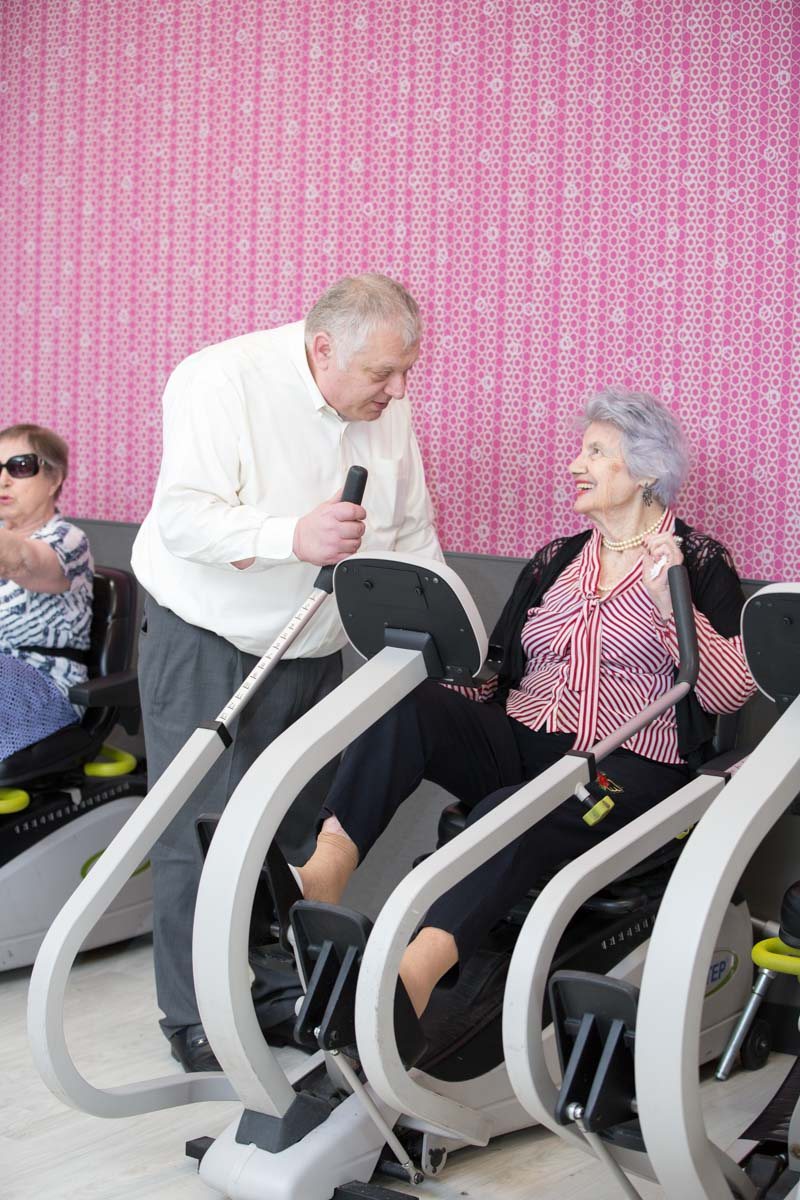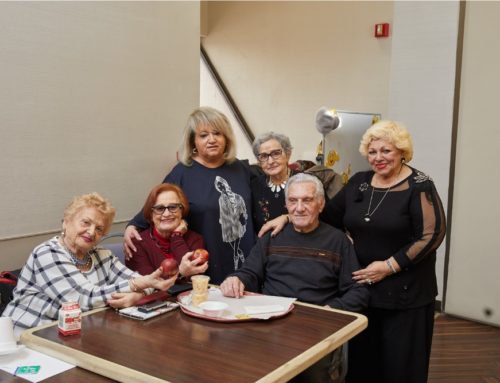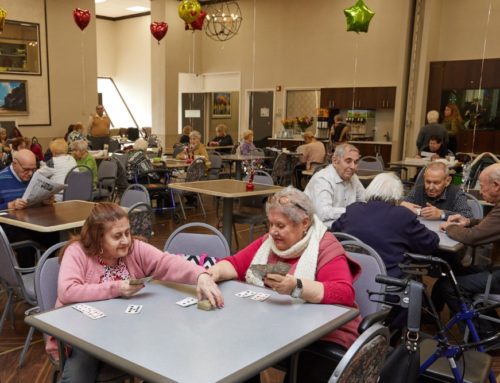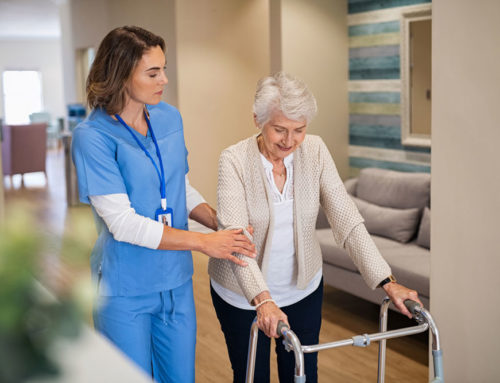Will You Ever Be the Same After a Stroke?
A stroke occurs when blood flow to the brain is restricted, causing damage. The results can be mild or severe, depending on the type of stroke and how quickly you receive treatment. So, will you ever be the same after a stroke? Well, the answer depends on the initial diagnosis, the damage sustained, and the treatment required.
Part of stroke care include rehab therapies, such as speech, occupational, and physical therapies. Speech therapy is for those struggling to produce and understand speech while occupational therapy helps you relearn self-care tasks. Physical therapy involves exercises designed to improve strength, movement, and coordination skills impaired by the stroke.
For more information on these therapies and stroke recovery, check out the following sections.
Can You Make A Full Recovery?
It’s impossible to predict if an individual will fully recover after a stroke because of a few factors. First, strokes are unpredictable, occurring without warning, which makes it impossible to prepare for one.
When a stroke does occur, how quickly you seek treatment affects the recovery process. It’s essential to know the warning signs, including numbness, confusion, vision problems, headaches, and coordination problems. The faster treatment is administered, the better your chances for a full recovery. If symptoms are noted, call an ambulance to ensure treatment is received as soon as possible.

Even with immediate treatment, some strokes cause severe damage, which may require specialized treatment to repair. These could include medication, procedures, or surgery, depending on the type of stroke.
Unfortunately, not all damage can be repaired, so therapy is often required. Each therapy type deals with specific issues, so your medical team will determine which options will aid your recovery. Therapy will begin in the hospital and continue for months or even years, depending on your progress.
It is possible to regain most or all of your independence when following your doctor’s and therapist’s recommendations. The fastest results will occur within the first three to four months, though progress can continue in the following years.
Though setbacks may occur with illnesses or second strokes, you may also notice spontaneous recovery. When it transpires, you may regain skills or abilities you thought you’d lost. The brain is a unique organ, creating new methods for performing tasks and improving your results.
Rehab for stroke recovery
The most common therapies used for stroke rehabilitation include physical, speech, and occupational therapies. Each one focuses on specific areas of recovery.
- Physical therapy – Movement, balance, and coordination issues are common after a stroke, so most patients require physical therapy. Specialized exercises help individuals relearn general motor skills, including walking, standing, sitting, and handling objects.
- Speech therapy – After a stroke, many individuals experience issues with communication. As well as difficulty forming or understanding words, they may have problems deciphering written ones. Speech therapy aids in developing coping skills and regaining some or all language and speech skills.
- Occupational therapy – Everyday tasks, including dressing, bathing, cooking, using the toilet, and eating, become challenging after a stroke. Occupational therapy helps individuals relearn these activities. Therapists also alter home and work environments to ensure they are safe for those living alone.
This article is for educational and informational purpose only and does not substitute for professional medical advice. For any questions about your own health condition, speak to a qualified physician or healthcare provider.







Leave A Comment